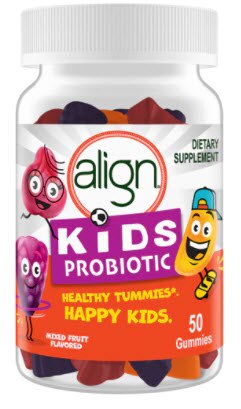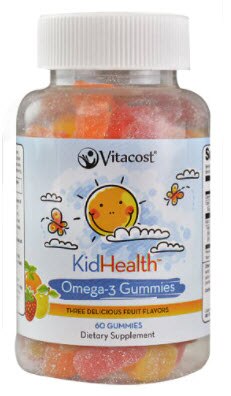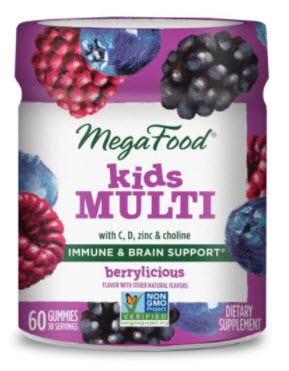Pretty much all parents are concerned about their children’s health and safety. From making sure they wear bicycle and ski helmets to plying them with green vegetables, parents take numerous measures to help their kids grow up to be strong and healthy. But, what if your child doesn’t like green vegetables or any vegetables? Should you give them vitamins?
Experts say that most children should and do get the vitamins and minerals vital to their growth and health from meals and snacks. Remember, most cereals, orange juice brands, milk, bread and other foods are often fortified with vitamins. So even if your kids hate broccoli, they may still be getting adequate amounts of the nutrients found in this vilified cruciferous vegetable, such as calcium, iron and potassium.
However, some children need to follow a restrictive diet for health reasons or are exceptionally picky eaters who may not get the nutrients they need from their diet. In those cases, vitamins can help and may be necessary.
And, then there are some parents who want to give their child a multivitamin just to be sure that they aren’t missing any vital vitamins or minerals, regardless of their diet. Either way, it’s likely that the children’s vitamin you choose won’t harm your child. However, there are things to consider before doling out vitamins with breakfast.
Extra doses of vitamins are not always benign. In some cases, excess amounts of certain vitamins and minerals can cause nausea, headaches, or diarrhea. Additionally, some vitamins and supplements may interfere or negatively interact with other medications your child may be taking. Therefore, it’s always a good idea to discuss health questions related to medication, vitamins and supplements with your doctor.
Vitamin Safety Tips for Kids
Choose a product that’s been tested by a third party
Many natural products, including dietary supplements and herbal medicines, have not been tested for safety in children. Be sure to pick a product that’s been tested by reputable organizations such as NSF International, United States Pharmacopeia (USP), ConsumerLab.com, or Informed-Choice.
Choose vitamins formulated for kids
As mentioned above, doses of certain vitamins can be toxic to children. Be sure to pick a specially formulated product for infants, small children and young people.
When your child may need a vitamin supplement
Kids who have food allergies or conditions such as celiac may be missing out on important foods that pack a lot of vitamins and minerals. For example, kids with a dairy intolerance may need a calcium boost. Also, if your child is a vegetarian or vegan, they may have an iron deficiency since iron is commonly found in meat products such as turkey, pork and beef. And lastly, kids who sip on carbonated beverages all day may need vitamin supplements because those drinks leach vitamins and minerals from the body.†
Keep vitamins safely stored and out of reach for your children
Overeating vitamins can be dangerous. Make sure your kids can’t get a hold of them when you’re not around. Store them in a safe place that your kids can’t access. Discuss optimal vitamin consumption with your older kids, who may have an easier time accessing your vitamin stash, so they know not to overdo it.
Don’t give up on trying to feed your child vegetables and other healthy foods
Don’t rely on vitamin supplements as your child’s primary source of vitamins and minerals. Food-based nutrients are still the best for the absorption of vitamins. For example, the USDA recommends that your child get one to two cups of fruit and one to three cups of vegetables each day. So, keep shooting for that goal.
Also, according to the American Academy of Pediatrics, most kids don’t get enough calcium and iron in their diet, so be sure to include iron and calcium-rich foods such as turkey, beans, spinach and dairy products. Serving your kids a variety of food is a great way to make sure they get all the nutrients they need and so that they don’t get bored!
Treat vitamins like vitamins, not candy
Sure, the gummy versions of vitamins are an easy and tasty sell to your children. But don’t refer to them as candy, even though they look and taste like it. Referring to vitamins as candy to make them more palatable to your children can backfire with them thinking of them as real candy and gobbling up more than they should.
Don’t add additives
Since you’re giving vitamins to your child to help them stay healthy, you want to make sure that the product you pick doesn’t have things like preservatives or artificial colorings, flavorings, or sweeteners. And if you’re child has celiac or food allergies, you want to make sure the vitamin is gluten-free or free of those allergens.
†These statements have not been approved by the Food and Drug Administration. These products are not intended to diagnose, treat, cure or prevent disease.




